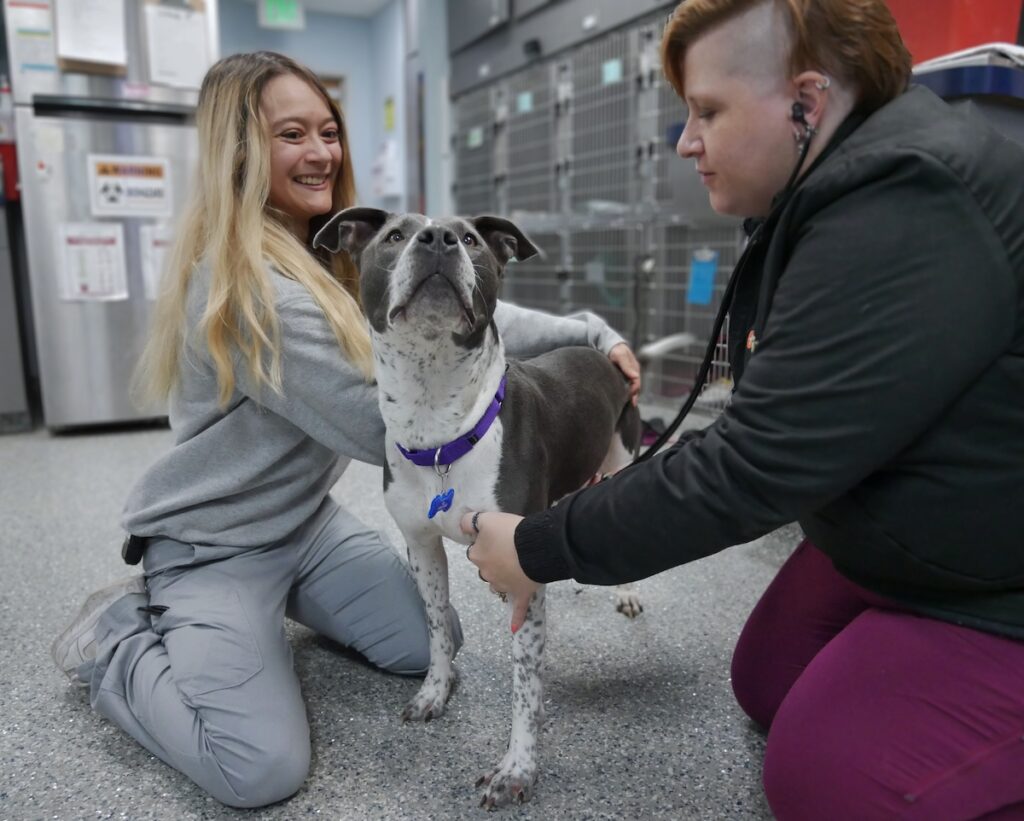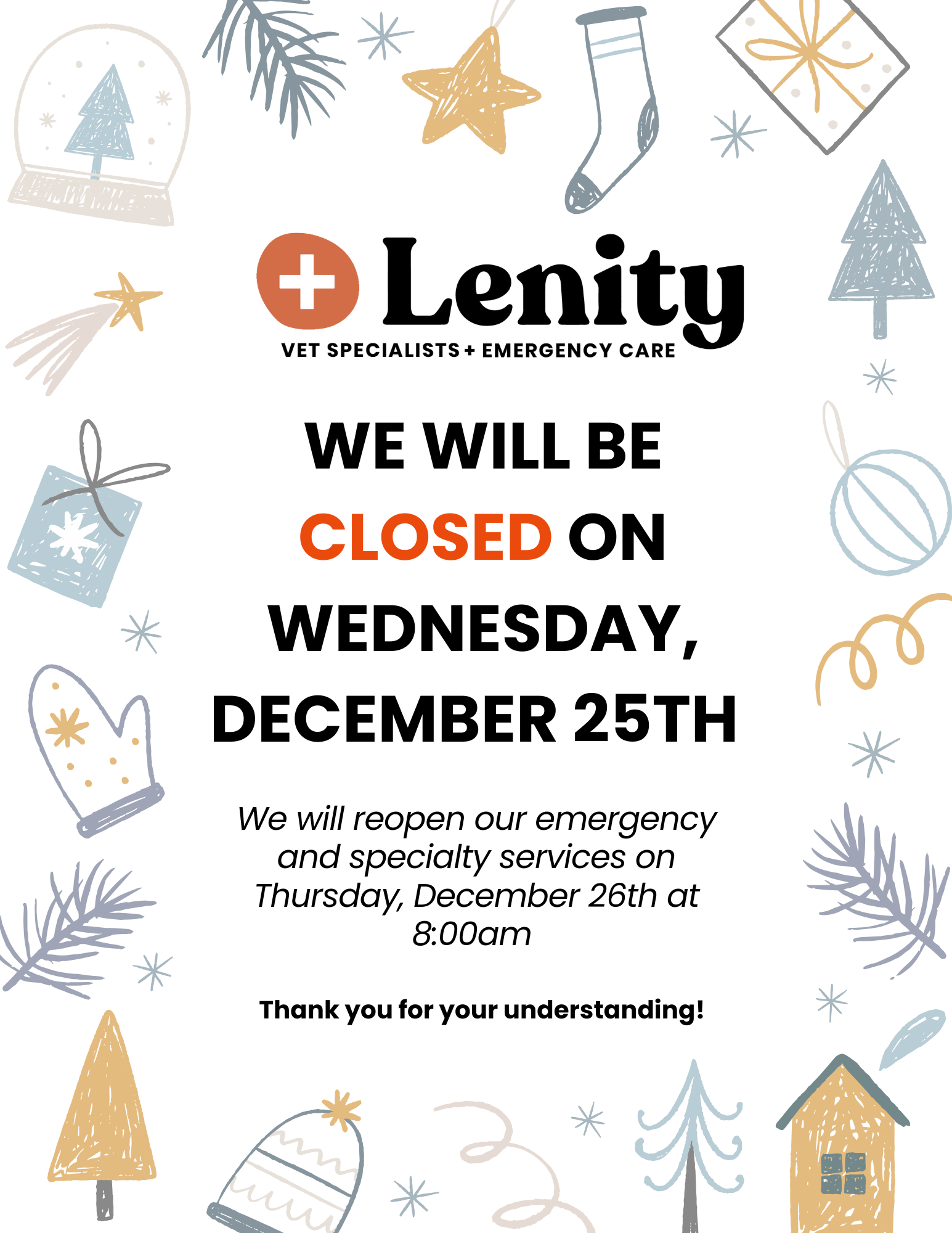Critical Care

Emergency care focuses on immediate stabilization of potentially life-threatening conditions, as well as urgent (but not life threatening) conditions. Similar to the ER in human medicine, the goal is to prevent deterioration and prepare the patient for further care. Critical care is more intensive and prolonged. It involves managing critically ill patients requiring constant monitoring and specialized treatment (following stabilization). Essentially, emergency care is about immediate life-saving actions, while critical care focuses on longer term care of severe, complex illnesses.
A board certified veterinary criticalist is a veterinarian who has undergone specialized training in emergency and critical care medicine. This involves several years of additional education and hands-on experience beyond regular veterinary school. This additional training includes a 12 month internship, 3 year residency, paper publication and passing a two day long licensing/board exam.
- Respiratory distress
- Diabetic Ketoacidosis
- Traumatic injuries
- Sepsis/septic shock
- Gastric dilation-volvulus (aka bloat)
- Toxin ingestion
- Organ failure (heart, lung, liver, kidney, etc.)
- Severe anemia
- Shock
- Seizures
- Major surgery recovery
Incase of emergency, call
What to expect
When you arrive at Lenity Vet Specialists, a receptionist will check you in, and a veterinary nurse will triage your pet so we may determine their stability. Practicing triage means we must treat patients in their order of need, not their arrival order. If your pet needs to be hospitalized, the admitting veterinarian will discuss with you the recommended treatment plan.
Toxicities
The ASPCA hotline is a resource for pet owners who are concerned their pet has ingested something that may be poisonous. ASPCA Poison Control has a database of known toxins, their effects, and how they should be treated.


